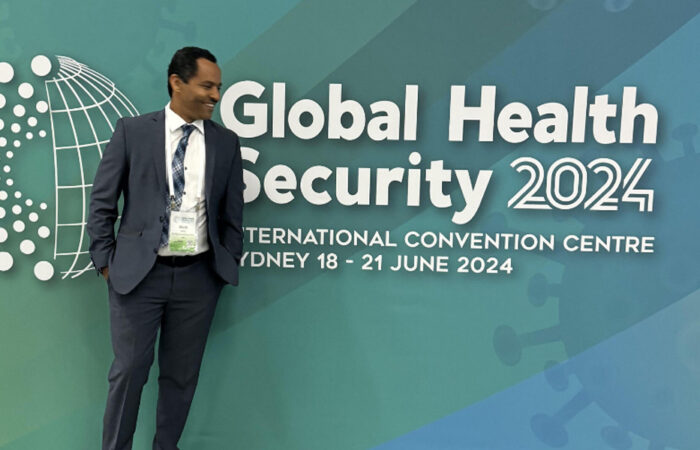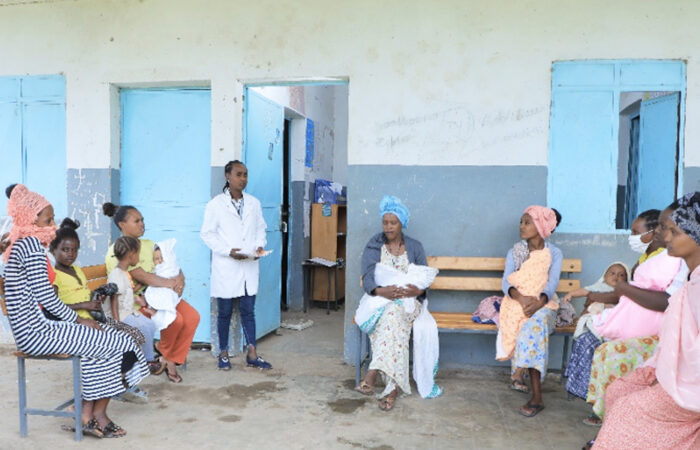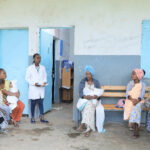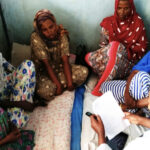
USAID is spearheading a transformative initiative aimed at bolstering positive youth development (PYD) across the globe. Central to this initiative is the Integrated Youth Activity (IYA) – Kefeta project, a groundbreaking program being implemented in Ethiopia through a collaboration between Amref Health Africa and a consortium of international and local partners. Spanning a five-year duration, this initiative is set to impact 2 million youths in 18 cities throughout Ethiopia, with a comprehensive strategy focused on enhancing youth advocacy and agency, creating economic opportunities for young people, and broadening their access to youth-friendly essential services.
In a bid to amplify the effects of these initiatives and further the contributions towards PYD programs, the YouthPower 2: Learning and Evaluation (YP2LE) contract has been proposed. This ambitious contract aims to cultivate, broaden, and disseminate knowledge and evidence related to PYD. Specifically, for USAID/Ethiopia, YP2LE will undertake an impact evaluation of the IYA – Kefeta program to assess its performance, impact, and cost-effectiveness.
However, given the extended period between the initial baseline data collection concluded in late 2022 and the anticipated endline in 2026, concerns over participant attrition pose a significant challenge. To address this issue and maintain engagement among participants, MERQ Consultancy has been contracted to launch a comprehensive communication campaign targeting baseline participants.
To this end, MERQ will establish a specialized outreach team dedicated to crafting tailored messaging content, scripts for SMS and phone communications, and developing robust training materials for the data collectors involved in this significant endeavor.
This phase involves a meticulous process to ensure that communications are not only engaging but also informative and conducive to sustained participation. The team will leverage insights from the baseline data to create messages that resonate with the youth, addressing their needs and interests while informing them about the Kefeta services available within their communities. These messages are designed to facilitate a two-way communication stream, allowing participants to share their experiences or feedback, which in turn will enrich the Monitoring, Evaluation, Research, and Learning (MERQ) data.
Following the development of communication materials, MERQ will embark on a critical step: segmenting the participant sample. This will be achieved through a randomized selection process to ensure fairness and representativeness in the outreach efforts. Subsequently, comprehensive contact lists will be developed, paving the way for the execution of the SMS campaign alongside other outreach activities. These may include direct phone calls, community meetings, and the use of social media platforms to ensure a broad and impactful reach.
A key aspect of this campaign is the meticulous monitoring and documentation of outreach efforts. This not only serves to gauge the effectiveness of the communication strategies employed but also to identify areas for improvement. By closely tracking engagement levels, response rates, and participant feedback, MERQ can adjust its tactics in real-time, ensuring that the campaign is as effective as possible in maintaining participant engagement.
Through this holistic approach, combining strategic communication with rigorous monitoring, MERQ aims to foster a sustained engagement with the youth participants. This, in turn, will contribute significantly to the successful evaluation of the Kefeta program’s impact, performance, and cost-effectiveness, ultimately aiding in the expansion and dissemination of positive youth development evidence and learning.





